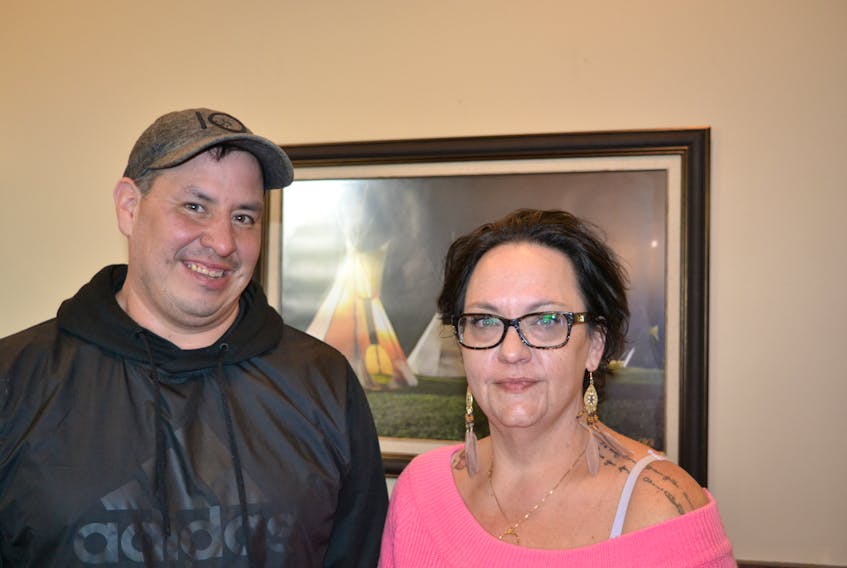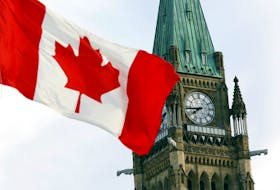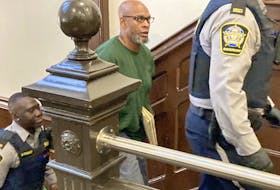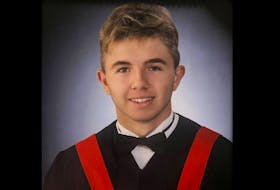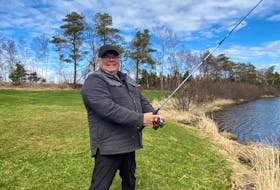WE’KOQMA’Q – When Chief Annie Bernard-Daisley was elected to lead her community of We’koqma’q First Nation in October 2020, she knew housing would be a priority for her.
In the community of just over a thousand people, 80 families are on a waiting list for housing.
“We’re not the only community going through this but we want to make sure that we’re doing everything we can, as chief and council, to address it in our community,” she says.
This week, the band council announced that, with the help of almost $3 million from the federal government, they’ll undertake two seperate projects to add more living space to their community.

The majority of the funding – $2,142,937.23 – is through the Rapid Housing Initiative, administered through the Canadian Mortgage and Housing Corporation (CMHC). The deadline for applications was January 1.
“We had a lot of people involved making sure that we got this, that we met all the criteria and we (were) all here waiting on pins and needles for that word and when we got it, it was like, 'wow,'” she says.
The $1 billion program is meant for rapid construction of affordable housing units to address urgent needs for vulnerable Canadians. According to the CMHC's website, the funds will all be committed by March 31, and the housing will be available within 12 months of the agreement with communities. In We'koma'q, the funding will pay for 12 pre-fabricated homes, which Bernard-Daisley hopes to have ready for families to move in by September.
"They're all prefab, and that's the criteria the federal government put in, which is fine by us, because it addresses the (housing) situation and the crisis in the first nations communities not only here but all across Canada quite quickly - more quickly than having them built."
Band councillor Wally Bernard grew up in We’koqma’q First Nation and has seen the need for the additional homes.
“We have a lot of intergenerational people, like youth that are having kids and still living with their parents and then there’s overcrowding. They want their own housing,” he says. “I’m really proud of being part of this and it gets me happy for everybody.”
The community also received an additional $700,000 from the federal government’s Indigenous Community Support Fund for a second project to address the first nation's housing problem. Bernard-Daisley says the first nation will soon have 4 new mobile homes to be used for community members that need a place to self-isolate under COVID-19 regulations.
“We do have people that need to isolate at times and they don’t have a place to do that because of the housing situation so then you’re displacing the family and where are they going to go? So those needs will be met and after that they’ll be assigned to community members,” says Bernard-Daisley.
The mobile homes are expected to arrive within a month and the chief says the band will employ community contractors to do the work.
These initiatives are only a part of a bigger plan to address the housing shortage and other issues, she says.
The band has increased its housing department from two people to more than a dozen, and is working to hire more construction workers and contractors from within the community in order to avoid out-sourcing labour.
Bernard-Daisley says she’s excited to see her community moving in a positive direction.
“Our community is growing so rapidly, we have a young generation and that’s growing and we have 90 per cent of our population living on reserve. We have very low unemployment,” she says.
“When we went to get sworn in, I said, these guys are going to work and they’ve worked their butts off and now you’re seeing the physical evidence of it. And there’s more. There’s more coming."
Ardelle Reynolds is an Indigenous affairs reporter with the Cape Breton Post.

